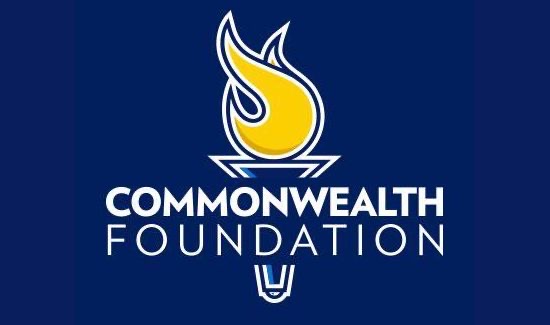By Dave Hardy
I don’t know what I did or said to inspire state Sen. Lindsey Williams to storm out of a recent Senate Education Committee hearing. But if she got to know me better, Williams might find that we share common ground on education.
I recently testified before this committee, of which Williams serves as the minority chair, to share my thoughts on how Pennsylvania can better serve our students.
Williams ended the hearing by implying that my affiliations clouded my judgment despite being an education professional with decades of experience. And before anybody could retort to her closing statement, Williams grabbed her things and stormed out of the room. Such unprofessional behavior and histrionics are unwarranted.
In the morning following the committee meeting, Williams shared the following statement on her website: “I truly believe that every single one of our students can be successful — but that cannot happen without equitable and adequate financial support.”
I wholeheartedly agree with her.
I, too, believe that every kid can be successful when we invest in them. This is why I support existing programs like the Educational Improvement Tax Credit (EITC) and the Opportunity Scholarship Tax Credit (OSTC), which provide millions of dollars in scholarships to students who need access to a better education.
I also encourage lawmakers to pass new programs like Lifeline Scholarships and the Pennsylvania Award for Student Success (PASS), which provide millions more in Education Opportunity Accounts for students trapped in Pennsylvania’s lowest-performing schools. These programs will provide, in Williams’ words, “equitable and adequate financial support” and empower families to choose the best educational setting for their children.
And though she might not realize this, Williams unwittingly supports school choice. Unfortunately, her brand of school choice only favors the wealthy. By not expanding EITC and OSTC or adopting Lifeline Scholarships/PASS, Pennsylvania practices a brand of school choice reserved for only the wealthy. This amounts to school choice based on ZIP codes, tax brackets and mortgages.
This neighborhood has a blue-ribbon public school and an exclusive private school. But if you’re in Fitler Square at 7:30 a.m., you’ll see buses taking students to other private schools outside the neighborhood.
School choice is abundant in Fitler Square. Even with exceptional educational opportunities inside their neighborhood, Fitler Square families — like countless other affluent communities — still seek more educational options. When you have the financial resources, you will find the best option for your children.
However, when you don’t have those same resources, this picture changes. Families who cannot afford a home in a higher-valued neighborhood must settle for their neighborhood school — and, too often, that school just doesn’t cut it. Those living paycheck to paycheck don’t have school choice.
Sadly, this lack of economic opportunity falls along racial lines, too. Four out of five students attending Pennsylvania’s lowest-performing district schools are non-white and economically disadvantaged, according to the Future Ready PA Index. Sadly, Black and brown kids disproportionately suffer from the current system.
Before she stormed out, Williams exclaimed children and teachers “aren’t widgets.”
Again, I absolutely agree. Our one-size-fits-all approach to education and its inability to address the unique needs of all Pennsylvania students — especially those in public schools — must change. It would behoove our lawmakers like Williams to explore new educational opportunities for those stuck in schools they cannot escape.
During this hearing, Williams demonstrated the power of exit. Unsatisfied with her surroundings, Williams chose to leave. Doing so makes a strong statement that signals displeasure of the current environment and an eagerness for an environment that better suits your expectations. But to exit, one must first have a choice.
I implore Williams to consider how many kids and families would benefit from having the same choice to exit failing schools and find better alternatives.








